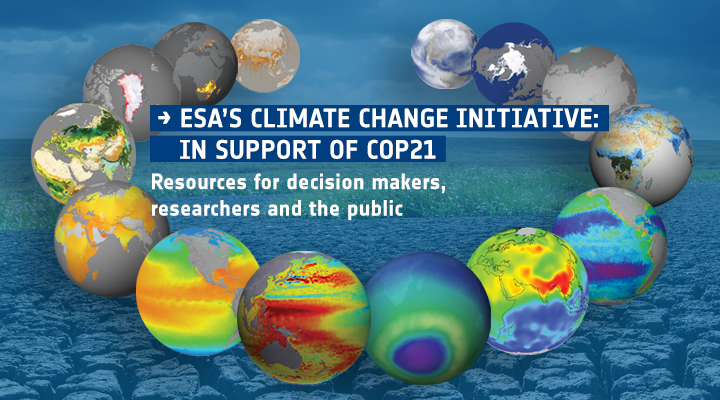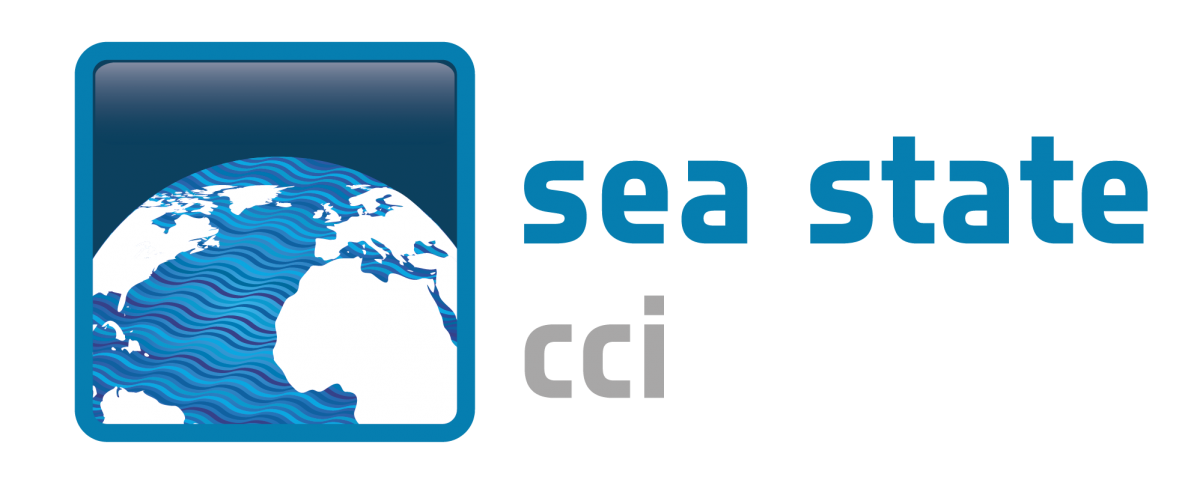
|
|
|
CCI
What is the Sea State Climate Change Initiative?
Since 2010, the European Space Agency (ESA) together with its Member States is realising the full potential of long-term global Earth Observation archives in order to deliver the most complete, accurate and consistent database of Essential Climate Variables (ECVs) as required by the United Nations Framework Convention on Climate Change (UNFCCC). This international Programme is called the Climate Change Initiative (CCI).
More information at http://cci.esa.int/

Why do we need accurate sea state information?
Sea state depends on surface waves (both wind-waves and swell) that are ubiquitous over oceans and seas. They impact air-sea energy fluxes, ocean mixing, sea ice extent, and coastal morphological changes. Understanding sea state and its variability is crucial not only for climate but for a wide number of social, economic and ecological issues, including coastal protection, marine safety, offshore engineering, ship design, marine spatial planning, and renewable marine energy development. Observed and expected changes in the atmospheric circulation as a result of increased global greenhouse gas emission is likely to impact the global distribution of mean and extreme sea state characteristics. Yet, our current knowledge on expected future sea state conditions (means and extremes) is still severely limited by a lack of long-term consistent observations.
Since 2018, “Sea State” has joined the list of ECVs established by the Global Climate Observing System (GCOS). The Sea State CCI project builds on the former GlobWave Project (2010-2014) and is now working to reprocess 20 years of satellite-based observations, acquired by altimeters and synthetic aperture radars, in order to generate the most accurate and consistent global database of sea state parameters. The development of CCI products, driven by GCOS needs and climate data user requirements, involve strong interactions with the user community in order to feed back into GCOS process.

This first User Consultation Meeting is the ideal opportunity for any users of sea state data (scientists, engineers or consultants) to present their work and express their needs regarding a future sea state database in order to increase the benefit to their activities.

